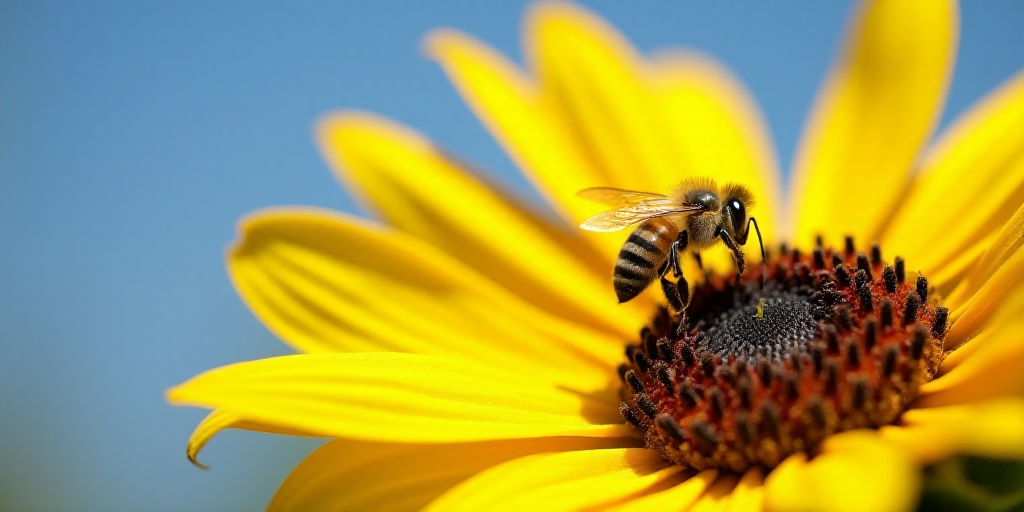Introduction
Every May 20th marks the World Bee Day, a date aimed at raising awareness about the importance of bees and other pollinators for planetary balance, food security, and the livelihoods of millions.
Despite technological advancements proposing artificial alternatives like drones and mechanical pollinators, the reality is clear: there’s no substitute for biodiversity and the gifts bees provide.
The Decline of Bees and Pollinators
For decades, the international community has warned about the accelerated decline of bees and other pollinators, a phenomenon known as “Colony Collapse Disorder“, which has led to the disappearance of colonies and native species in various countries.
This decline is attributed to multiple factors such as deforestation, pesticide and herbicide use, diseases, and climate change. In the face of this crisis, it’s crucial to understand and protect the role these small yet powerful creatures play.
Nine Key Points on the Importance of Bees
1. Guarantee Life on Earth
Bees perform essential work by pollinating crops and wild plants, directly contributing to biodiversity and the ecosystems that sustain human and animal life.
2. Crucial for Food Security
Approximately 75% of the crops producing fruits and seeds for human consumption rely, at least partially, on pollinators.
3. Support Global Agricultural Production
Pollinators influence 35% of global agricultural lands and directly support the production of at least 87 major food crops.
4. Increase Crop Value
Crops requiring pollination are up to five times more valuable than those that don’t. Their global value is estimated between $235 billion and $577 billion annually.
5. Their Impact Grows Annually
In the last 50 years, agricultural production linked to pollinators has increased by 300%, highlighting their growing significance for global economy and food supply.
6. Generate Income for Millions
Products like coffee and cocoa depend on pollination and are income sources for millions of farmers, especially small producers in developing countries.
7. A Tool Against Rural Poverty
Honey production and marketing represent an increasing source of income for rural communities and forest dwellers, while reinforcing their food security.
8. Guardians of Wild Biodiversity
Most pollinators are wild species, including over 20,000 types of bees. Protecting them means safeguarding the planet’s biodiversity.
9. Their Conservation Depends on Us
Sustainable agriculture, based on crop diversification and respect for ecological processes, is a key tool to protect bees. It’s not just about food production but doing so in harmony with nature.
Key Questions and Answers
- Q: Why are bees important? A: Bees play a crucial role in pollination, which is essential for plant reproduction and the production of many food crops.
- Q: How do bees impact the economy? A: Bees contribute to increased crop value and support global agricultural production, generating income for millions of people.
- Q: What threats do bees face? A: Bees are threatened by habitat loss, pesticide use, diseases, and climate change.
- Q: How can we help bees? A: Supporting sustainable agriculture, reducing pesticide use, and preserving natural habitats can help protect bees.






